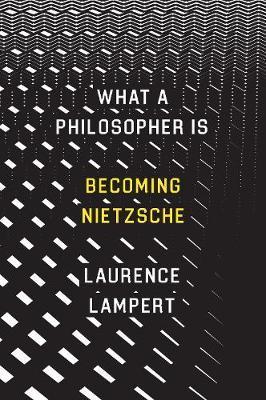What a Philosopher is

What a Philosopher is
The result is the most complete picture we've had yet of the philosopher's development, one that gives us a Promethean Nietzsche, gaining knowledge even as he was expanding his thought to create new worlds.
PRP: 408.00 Lei
Acesta este Pretul Recomandat de Producator. Pretul de vanzare al produsului este afisat mai jos.
367.20Lei
367.20Lei
408.00 LeiLivrare in 2-4 saptamani
Descrierea produsului
The result is the most complete picture we've had yet of the philosopher's development, one that gives us a Promethean Nietzsche, gaining knowledge even as he was expanding his thought to create new worlds.
Detaliile produsului









